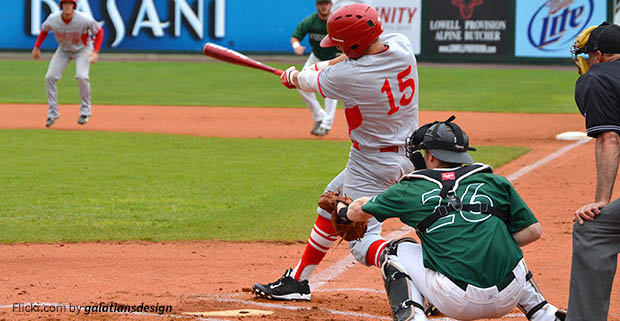
This is a question I often get from clients: the answer I like to give is that it’s optional. Some may feel that they don’t have any sports activities or hobbies worth mentioning. If you feel that putting down “generic” interests would only take up valuable space in your resume – such as going to movies, hiking, or swimming – then leave that section blank.
On the other hand, the “sports and hobbies” section is the only part of the resume that gives the employer insight about who you are, and what you do, outside of work. For example, if you’ve had a life long interest in butterflies, and have managed to turn that interest into a blog with over 50,000 followers, employers want to know about that. They want to know about things that you care about, and who you are as an individual.
If you were a member of your university ski team and led your team to national championships for two years in a row, then this is information worth putting down. Though it may have been years since you graduated, this information tells employers that you were disciplined and committed enough dedicate hours of training and personal sacrifice to achieve your goals.
If you’ve had a life long interest in butterflies, and have managed to turn that interest into a blog with over 50,000 followers, employers want to know about that.
When I worked as a recruiter, I paid special attention to a candidate’s sports achievements because I think there’s a strong correlation between a person’s athletic successes while in school, and their career successes later in life. Traits that are developed through sports – such as discipline, focus and team work – become critical in one’s working life.
Sometimes personal interests overlap with one’s career goals. For example, if you’re a wildlife buff, and run a community organization that gives talks on wildlife conservation, then this piece of information would elevate your resume profile – especially when you’re applying for a position that focuses on the environment or nature. Similarly, if you played in a national soccer team, that piece of information would be impressive if you were applying for sports-related positions in sports marketing, athletic retail sales, or professional sports.
Even if your sports activities or hobbies are not relevant to a job opening, that extra piece of information would provide an added dimension to your profile. Hopefully, it is what was makes you unique and different from other candidates. Imagine if an employer had to choose between two candidates for an interview, and both candidates had similar qualifications and credentials. I would say that the employer is more likely to invite the candidate who, let’s say, organized a two-week trek in the Arctic, versus someone who listed “movies, hiking and swimming” as his sports and hobbies. Why? Everyone’s curious to know why a person would embark on such a trip, what life lessons he or she learned, and how such a trip changes a person’s character. In short, it’s a tidbit of information that would make someone interesting to talk to, and hence, a likely candidate who’d be invited for an interview.
So go ahead, make your resume unique and compelling, and let them know that you have a life outside of work!

Milton Kiang (B.A., LL.B.) is a professional resume writer and helps jobs applicants create powerful resumes and persuasive cover letters at his company www.resumeprofessional.net. He gives job searchers the advantage they need to stand above the crowd, and to land job interviews. Milton holds a law degree, and is a former executive recruiter with Major, Lindsey & Africa, the largest legal executive search firm in the world. He was a contributing writer for the “Business & Careers” section of The Lawyers Weekly, a national newspaper for Canadian lawyers.